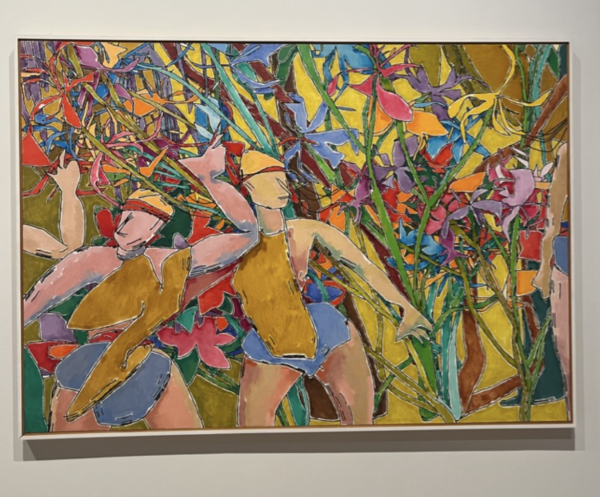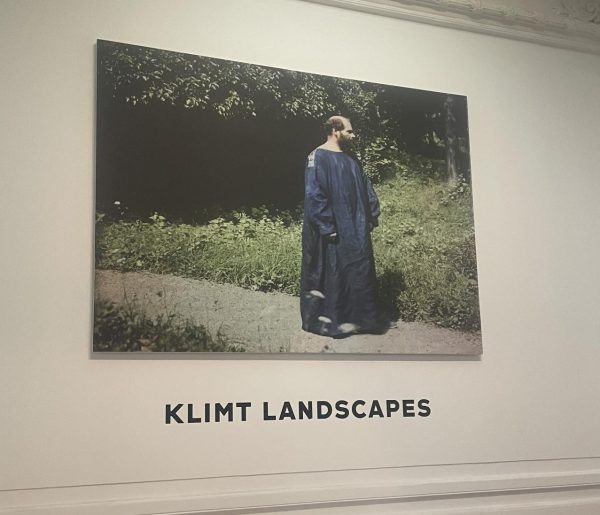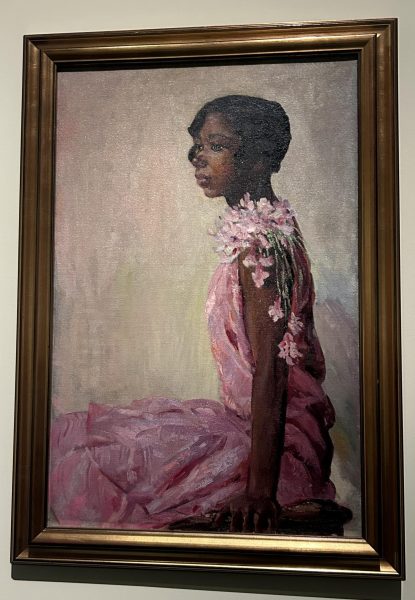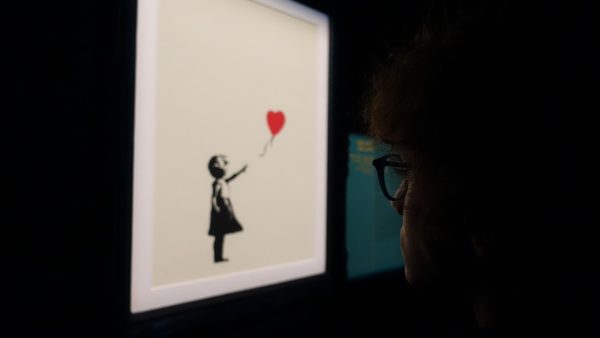A Faceless Poet Releases a Multi-Faceted Poetry Collection: A Review of “preFICTION” by Nayyirah Waheed
Why everyone should read “preFICTION” by Nayyirah Waheed.

The sneaker on the cover of the collection symbolizes Waheed’s swift movements toward the future.
The revolutionary singer Nina Simone once said, “An artist’s duty is to reflect the times.” Such a description represents Nayyirah Waheed, except for that Waheed does not only honor the times. She has developed a way to magically give tribute to the past through her futuristic writing.
Waheed’s reflections on the past and hopes for the future are clearly present in her most recent, surprise release, “preFICTION.” On September 27th, 2021, Waheed ended an Instagram hiatus in order to announce the release of the poetry collection in a cryptic message that read: “preFICTION IS A MULTIBOOK. / A NEW AND INNNOVATIVE / BLACK BOOK FORM — WHICH / INTRODUCES MULTIPLE BOOKS / IN ONE BOOK.” Along with the message, she posted an image of an animated floating sneaker with a grey-purple background. She released the collection for free, temporarily, on Kindle, along with re-releasing her two previous novels “salt” (2013) and “Nejma” (2014) also for free.
Waheed did not do any press leading up to the release, and she has never done a major interview to offer any explanations or potential meanings for her collections. Nothing is known about any aspect of her personal life, including her age, hometown, religion, or family. A Google image search with her name reveals only samples of her writing and poems, as there isn’t a single confirmed photo of her online. Despite her remarkable lack of media presence, her novels have had a significantl impact upon the current literary scene, inspiring established poets such as Rupi Kaur and Ysra Daley-Ward, and musicians such as Arlo Parks.
Waheed’s poems uniquely explores and celebrates Black identity. She does not limiting her writing with any of the common and accepted spellings and grammatical rules that we are taught in elementary school. Instead, Waheed’s convention-defying poetry represents the infinite freedom that she yearns for all Black people to experience. In some ways, “preFICTION” cannot be classified as a poetry collection because of the many literary structures that it embodies and employs. For example, it can be seen as a dictionary, where Waheed not only defines new words such as “prelove” and “preFUTURE/ING” but introduces new parts of speech such as “invisible force” and “super noun.”
Throughout the 813-page collection, Waheed constantly references ancestors (a word that she uses over a hundred times) in the present tense, illustrating that we should look at the past as an extension of our present rather than something that is finished. This message encourages us to reflect on how language has developed and interrogate how that development has been fueled by biased power structures.
Waheed repeats phrases, forming mantras that remain with the reader throughout their journey inside the book. On one page, she simply writes the word “rest” 473 times. Since the collection is quite long, this page ensures the reader is actually engaged with the book and not reading passively. The placement of the page is strategic, as Waheed dives into “instruments of our rest/s” within the next portion of the book. She writes, “our beds —- appearing large in scale —- began to fold into themselves / and turn into air. And When we wanted rest. Whenever we thought of rest. / Wherever we wanted rest. The prebed would appear. And we / would rest. into rest. into rest. into rest.”
“preFICTION” is intensely exhilarating to the point where the reader truly has no idea what the next page will even look like. But once they do absorb that page, it is as if they have gathered another puzzle piece and the book becomes more clear and more dazzling. However, the pieces do not form one stagnant image that looks alike to every reader, but rather a morphing, lively understanding of why alternative forms of literature like “preFICTION” are valuable and brilliant.
Through her poems, Waheed asks us to abandon everything that we have been taught about words. Although some readers may scoff at the request, they still will not be able to forget the unconventional and unique nature of this book.
“preFICTION” is intensely exhilarating to the point where the reader truly has no idea what the next page will even look like.
Aissata Barry is a Copy Chief for ‘The Science Survey.’ She believes that journalism is appealing because it creates a fascinating connection between...










